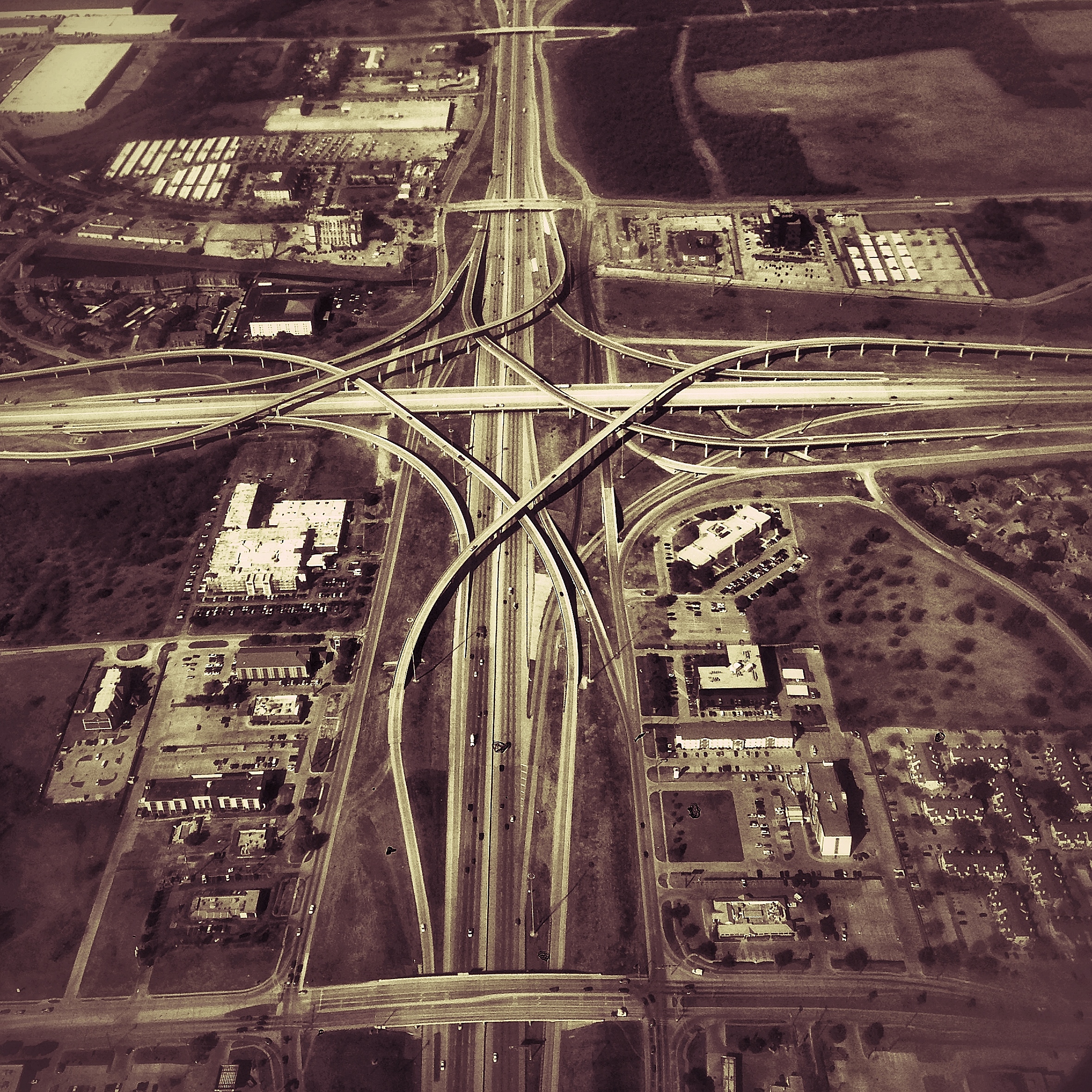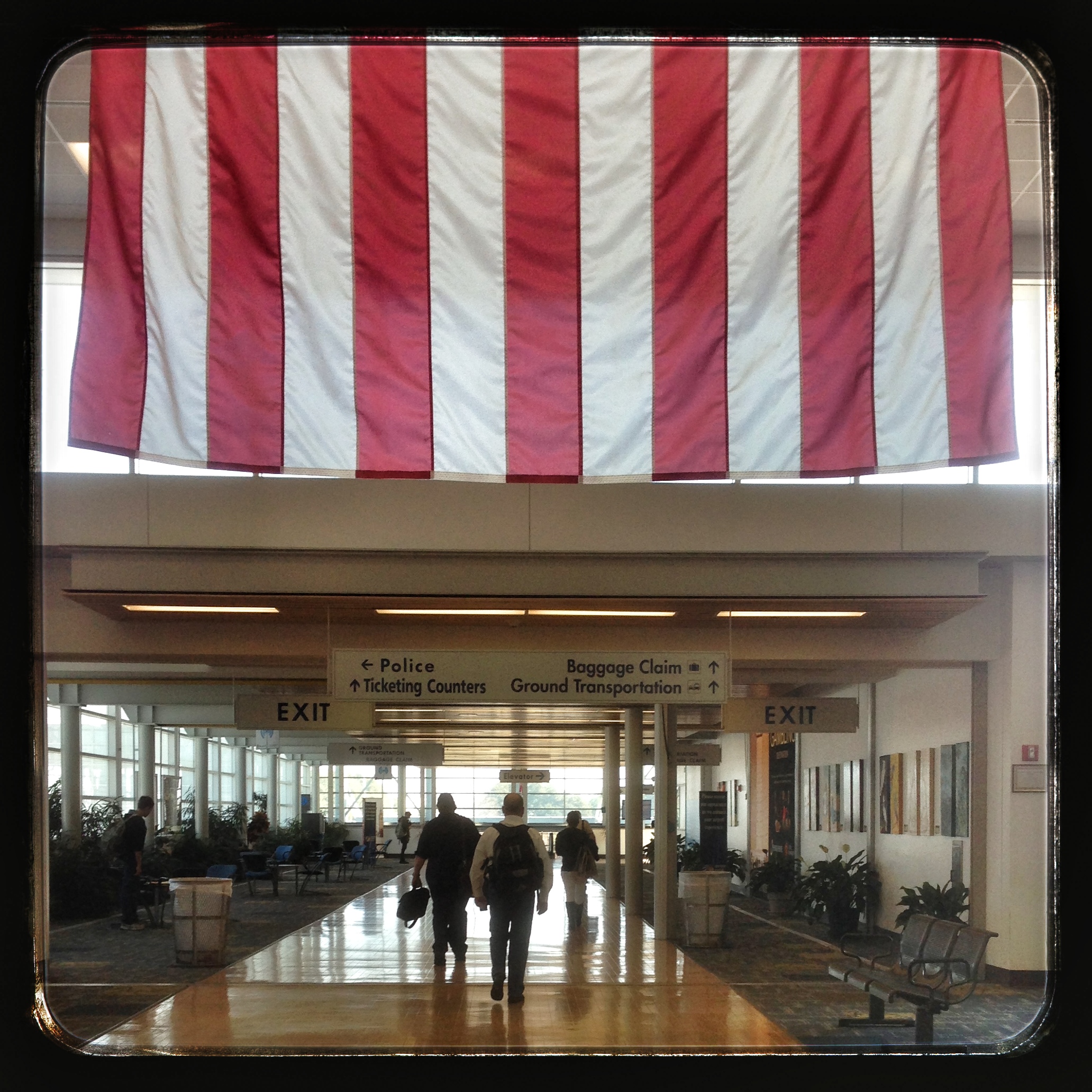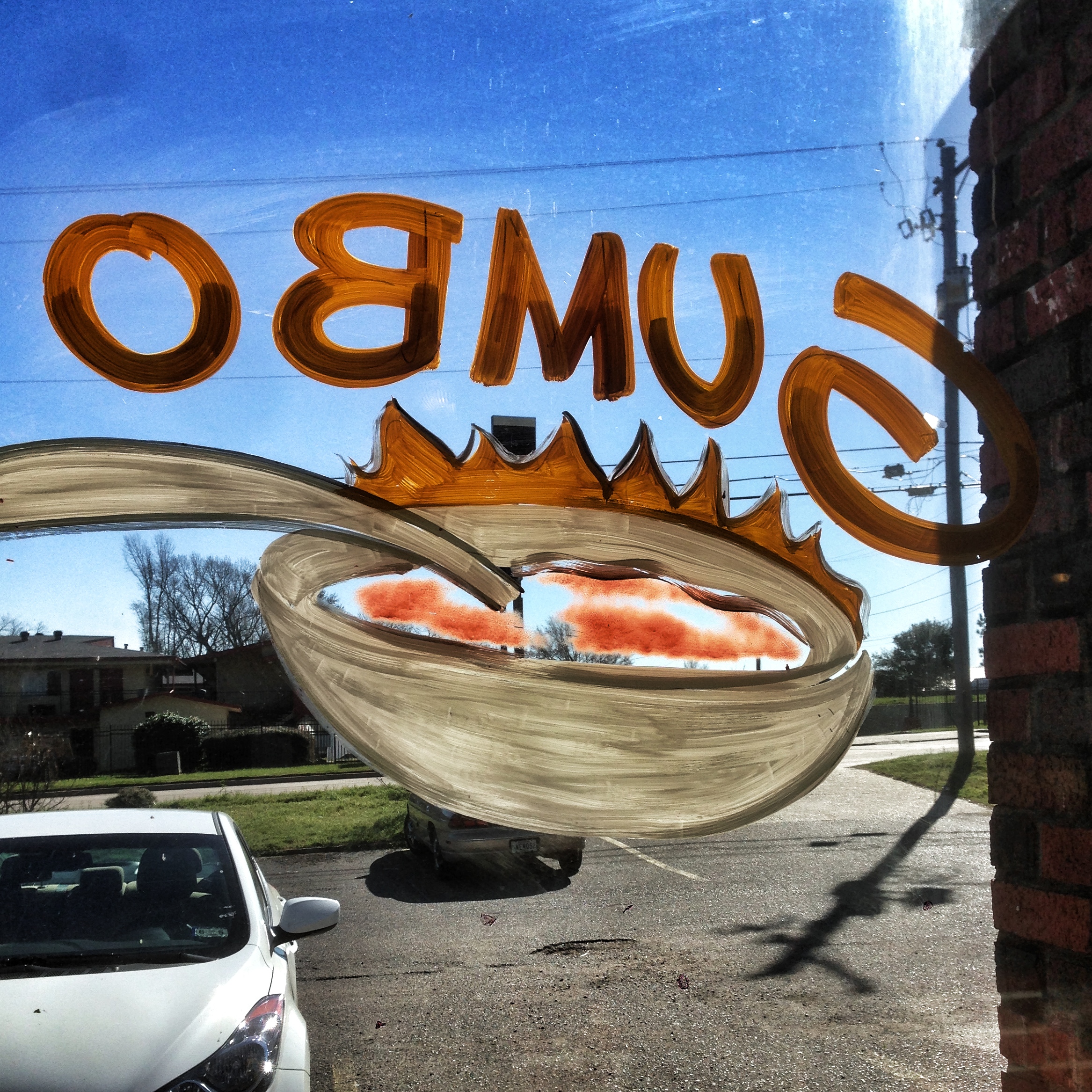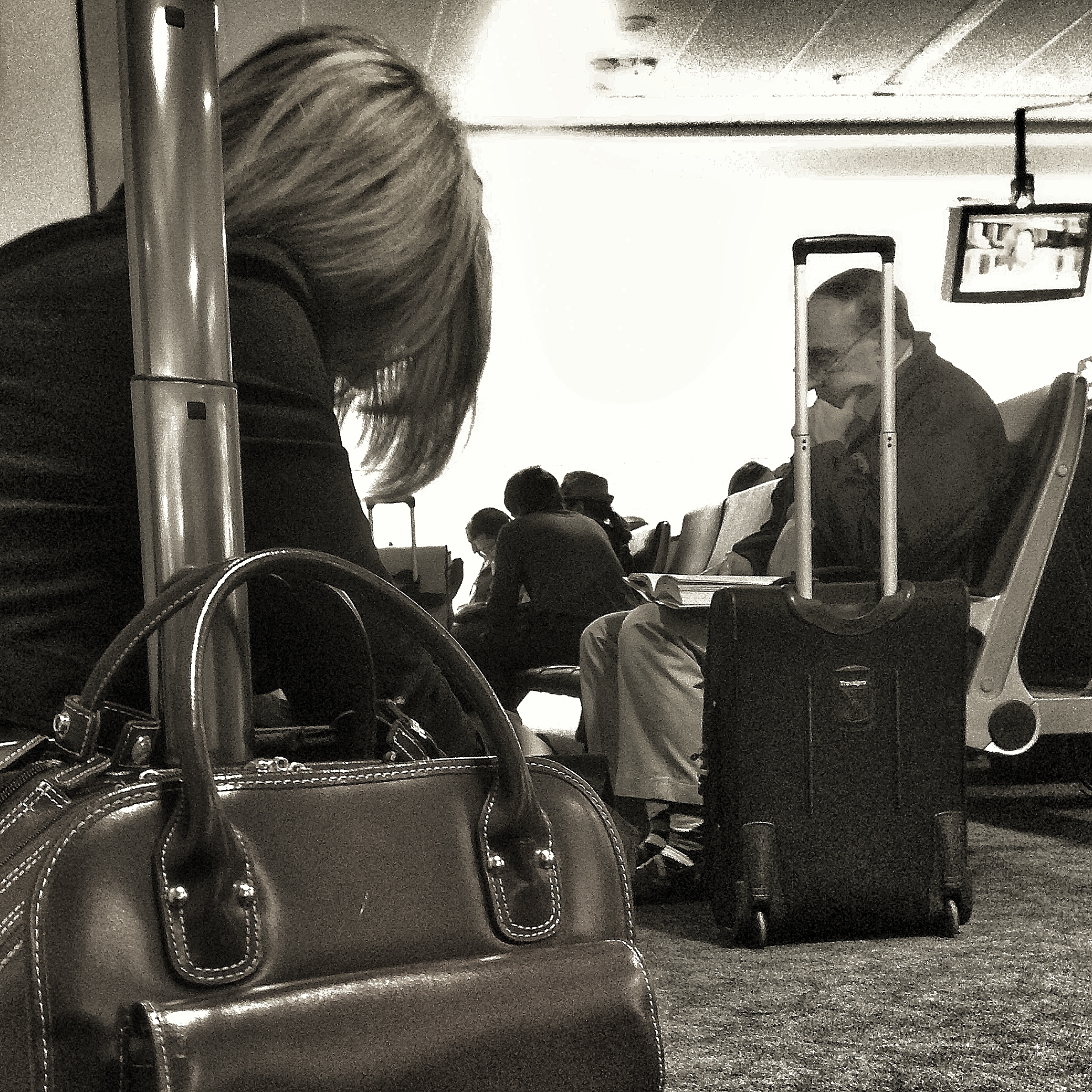14 Mar American Airlines Hits A New Low.

One of the first airlines that I joined as a frequent flier was American Airlines. After that, I got an American Airlines credit card. The other day, I checked my account and was surprised to find that I had racked up nearly 450,000 miles, nearly half a million. 350,000 of those are actual miles flown. I’ve always been anti-elitist, so it never bothered me that I wasn’t given any kind of special status for my loyalty. In fact, I’m often annoyed by the way the airline builds social division through these separate statuses.
On my most recent trip I was re-reading Kurt Vonnegut’s “Player Piano”, his 1952 sci-fi that predicts a future in which increased mechanization enriches a select few, and dehumanizes the rest. When I read it in high school, I loved it; and in fact, devoured every Vonnegut book within a couple of months. Like Philip Dick, Vonnegut’s prose could be a little clunky and the themes a little repetitive, but they were themes that resonated deeply with me. Both writer’s wrote about the future, but were less focused on gadgets than they were with how people would be affected by how those gadgets would affect social structures.
This week I was working on a documentary in Louisiana and Texas. I ended up shooting a little less than I had hoped, and wanted to get back home to my family. My return flight was scheduled for 3:50, so I called the airline to see how the earlier flights looked in terms of capacity. I was told that the 12:15 was pretty open, but that, unless I had elite statud, I’d have to pay $75 to fly standby. I asked if they might let me on if I got to the airport and the flight was empty. “They might”, he replied, “It depends on the person at the gate.”
I was in Shreveport and thought about walking around exploring, but I had a rental car due at 11, so I grabbed a bowl of gumbo and went to see if I could get on the flight. When I got the airport I inquired about how empty the earlier flight was. I was told “There’s plenty of room but you have to pay $75 to fly early.”
I walked upstairs and called American Airlines Advantage program. After 15-minutes on hold I talked to a very nice man who could do nothing to help out. I asked him to look at my account. It seems I had no elite status because I had only flown 17,000 miles the year before. When I protested that it made no sense to me that American didn’t see me- with nearly half a million miles under my belt- as valued customer, he started to tell me how I could buy my way into elite status. I made it clear that I wasn’t intersted and asked to speak to a supervisor. He told me they couldn’t do anything for me either. The best I could do, he said, was write to the airline. I’ve written to airlines before, but I have never gotten a response that didn’t make me even angrier than I was before.
I settled into a empty area in the lobby and wrote some emails, made some calls, and tried to make use of my time. When they announced last call for the half empty plane I could have been on, I thought about rushing through security to see if they would let me on, but decided that it would only make me angry because the woman at the front desk made it clear that I wouldn’t be allowed on. I walked outside for a few minutes to get some real air and then went back to reading.
I arrived at my gate about 30 minutes before my flight and was surprised to see that the plane wasn’t there, as the boarding was scheduled to start in 5 minutes. When 15 minutes passed, I started to get worried because I had a very short layover in Dallas, which involved taking the air train between terminals. Ten minutes later, when they announced that the plane was an hour late, I was livid. If they had simply let me fly on the earlier, empty flight, we’d have had a win-win. I’d be happy, and they’d have one less passenger to re-book. Instead we had a lose-lose. Of course for them, the loss was minor, and for me, the loss was a big deal. I’d spent the entire day at the airport hoping to get home. When I went up to the gate agent to discuss re-booking he told me to be optimistic. Optimism is useful when there is a chance of success. Optimism in the face of failure is unhealthy and unrealistic. My plane would now arrive after my next flight took off. I tried to remain nonchalant, but the truth was, I was mad. It just didn’t have to happen. Sure, I could have paid the $75, but it seemed so wrong to me. There’s not doubt that I’m as cheap as the come, but this was less about $75 than it was about my frustration with the airline’s treatment of passengers. I tend to get overly angry when I see situations that seem unjust. I guess this is one of the reasons I was so drawn to Vonnegut.
Unfortunately, every person at American that I talked to just frowned and then either stated, or stage whispered, “All I can tell you is to write to American.” When I talked to the woman at customer service in Dallas, she clearly understood my frustration, and she made it clear that she felt as helpless as I did. With many layers of bureaucracy between us, those who make the decisions that affect humans have a decreasing sense of the passengers humanity. American Airlines see passengers as freight – rather than people who have emotions, families, and life pressures. Like the characters in Vonnegut’s dystopian future, they have become so focused on dollars and status that they have forgotten that there are people involved in the transaction. Each front line worker I talked to was clearly as frustrated as I was with the situation. I urged them to tell their bosses how dehumanizing this all was. They all made it clear that no one at American would listen to them either. When workers and customers feel disregarded something is clearly out of balance.
When I got off my plane in Dallas I asked the flight attendant where I could get my new booking. She said “There will be an agent at the gate who can help you.” Of course, there wasn’t, so I wandered to another gate to ask where I should go. When the agent finished checking in another flight he got me my new ticket. When I asked him where I could find customer service, he inquired as to what I needed. I told him about my frustration. He explained that the airline doesn’t make money on the number of seats filled, but instead on the price paid. He said they figured out that people were buying cheaper tickets and trying to fly earlier, so they had to institute the $75 charge to keep people from doing that. It wasn’t a very satisfying response, as it confirmed that the only focus was on how to get more money from customers, and disregarded their needs. The rigid hierarchy made it impossible for any front line workers to help people in complex situations like mine, where my transfer time was so tight. Had they let me fly earlier I would have made my connection.
I did write to American Airlines, but I have absolutely no hope that I’ll get a response that makes me feel more human than a piece of freight. I had an absolutely terrible experience with a United flight that injured half a dozen people last month. As soon as I get a new credit card, I’m cutting my American one in half. After half a million miles, I’m breaking up with it and its new lover.




No Comments